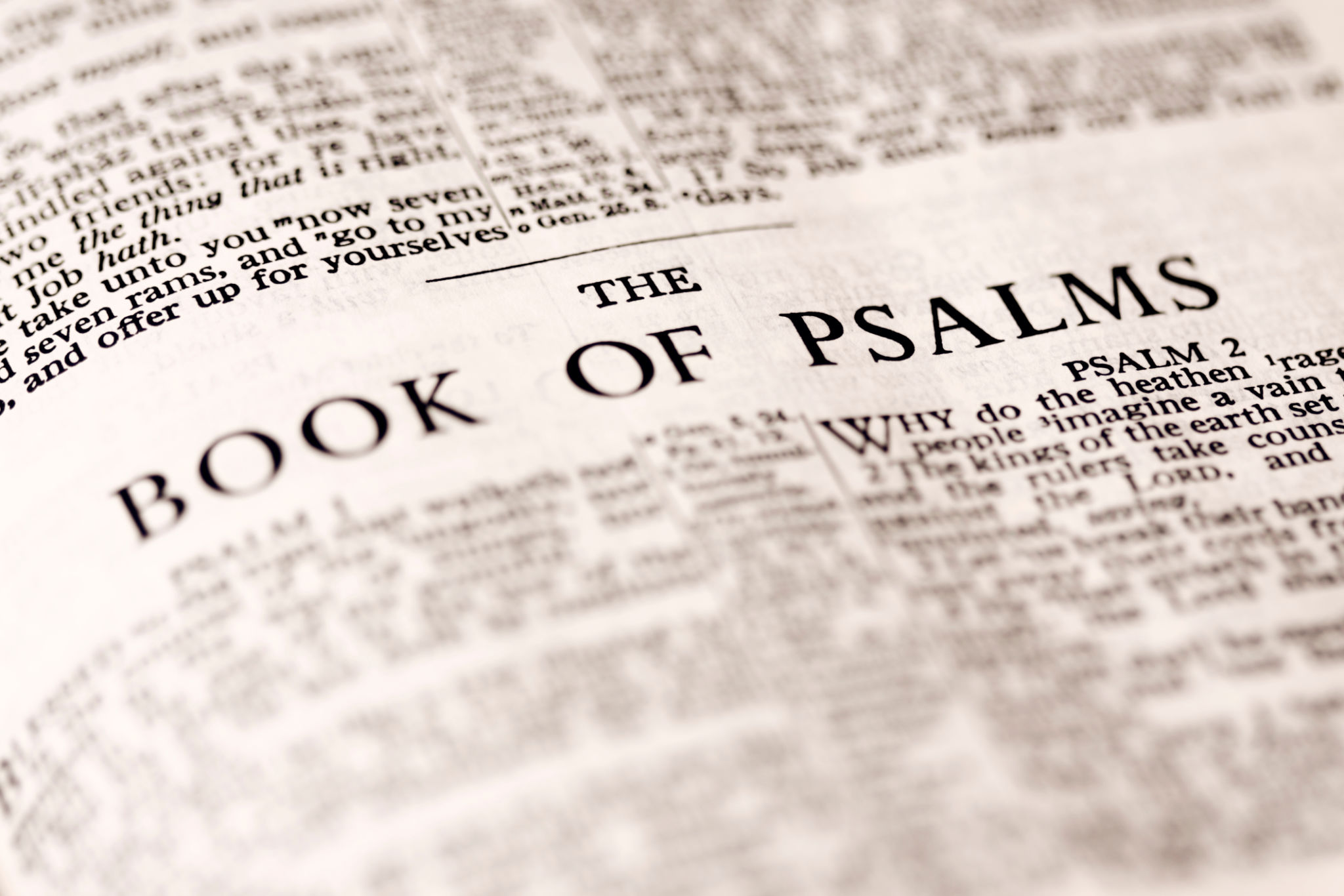Exploring the History and Significance of the King James Bible
Introduction to the King James Bible
The King James Bible, also known as the Authorized Version, is one of the most significant translations of the Bible in the English language. First published in 1611, it has played a crucial role in shaping not only religious practices but also the English language itself. This translation was commissioned by King James I of England and has been revered for its majestic language and poetic rhythm.
Over the centuries, the King James Bible has influenced countless literary works, speeches, and even modern-day idioms. Its impact reaches beyond religious communities, touching various aspects of culture and education.

The Historical Context
In the early 17th century, there was a growing need for a new English translation of the Bible. The previous translations, such as the Bishops' Bible and the Geneva Bible, were deemed insufficient by many church leaders and scholars. King James I saw an opportunity to unify religious factions and commissioned a group of around 50 scholars to produce a new translation.
This translation process involved rigorous scrutiny and cross-referencing with Hebrew and Greek texts. The result was a work that aimed to be accurate, accessible, and reflective of the original scriptures. The King James Bible quickly became the standard for English-speaking Protestants.
Significance in Language and Culture
The King James Bible is often credited with enriching the English language. Many phrases and expressions we use today can be traced back to this translation. It has contributed numerous idioms and sayings that have become commonplace in everyday conversation.

Moreover, its influence can be seen in literature, with authors like John Milton, William Wordsworth, and Herman Melville drawing inspiration from its language and themes. The King James Bible's prose style has been admired for its clarity, beauty, and rhythm, making it not only a religious text but also a literary masterpiece.
Theological Impact
Theologically, the King James Bible has been pivotal in shaping Protestant doctrine and practice. It provided a uniform scripture that could be used for teaching, preaching, and personal study. Its widespread availability helped democratize access to religious texts, allowing individuals to engage with scripture without relying solely on clergy.
This translation also played a role in fostering literacy, as reading the Bible became a common practice among English-speaking Christians. It encouraged educational pursuits and established a foundation for religious instruction in schools.

Modern Relevance
Despite being over four centuries old, the King James Bible remains relevant today. Many churches continue to use it in worship services, appreciating its timeless language and theological depth. It has also been the subject of numerous academic studies exploring its historical and cultural significance.
While modern translations have emerged to address contemporary language needs, the King James Bible's legacy endures. Its continued use underscores its enduring appeal and profound impact on both faith communities and the broader cultural landscape.
Conclusion
The King James Bible stands as a testament to the power of language in conveying spiritual truths. Its historical significance, linguistic beauty, and cultural influence make it a cornerstone of religious literature. As scholars and believers continue to explore its depths, the King James Bible remains a cherished part of religious heritage.